No matter what political reasons are given for war, the underlying reason is always economic
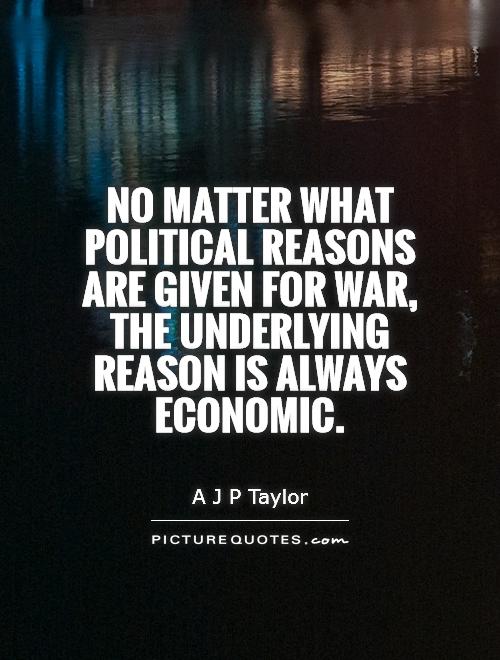
No matter what political reasons are given for war, the underlying reason is always economic
A.J.P. Taylor, a renowned British historian, was known for his controversial and thought-provoking views on various historical events, including war. One of his most famous quotes is, "No matter what political reasons are given for war, the underlying reason is always economic." This statement encapsulates Taylor's belief that economic interests often drive nations to engage in armed conflict, even if political justifications are provided to the public.Throughout history, there have been numerous examples that support Taylor's assertion. One such example is the First World War, which Taylor extensively studied and wrote about. Many historians argue that the war was sparked by political tensions and alliances, particularly the assassination of Archduke Franz Ferdinand of Austria-Hungary. However, Taylor believed that underlying economic factors, such as competition for resources and markets, played a significant role in the outbreak of the war. He argued that the major powers of Europe were engaged in an economic struggle for dominance, which ultimately led to the conflict.
Similarly, Taylor's perspective can be applied to more recent conflicts, such as the Iraq War. While the official justification for the war was to remove Saddam Hussein from power and eliminate weapons of mass destruction, critics have pointed to economic motives as a driving force behind the invasion. Iraq's vast oil reserves were seen as a valuable economic prize by many Western nations, leading to accusations that the war was fought for control of these resources.
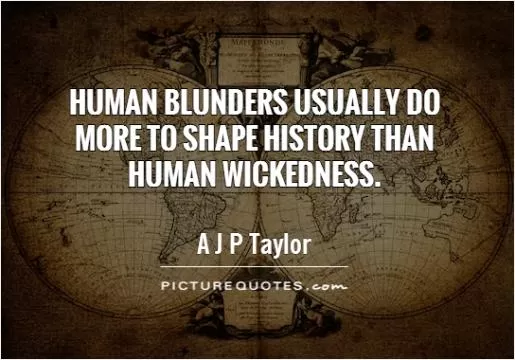


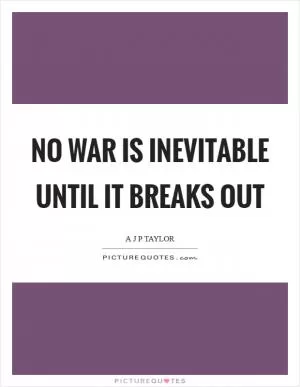



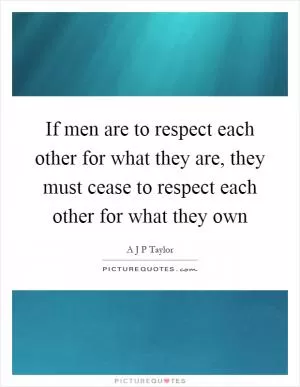

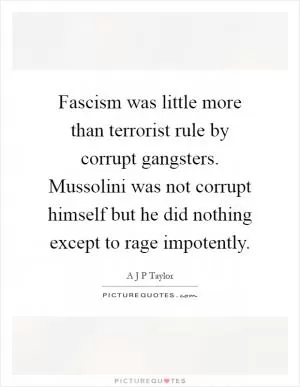


 Friendship Quotes
Friendship Quotes Love Quotes
Love Quotes Life Quotes
Life Quotes Funny Quotes
Funny Quotes Motivational Quotes
Motivational Quotes Inspirational Quotes
Inspirational Quotes